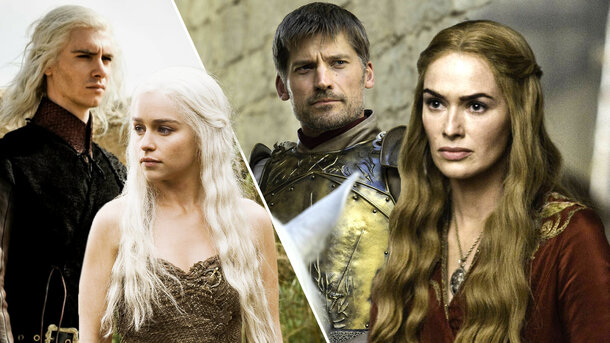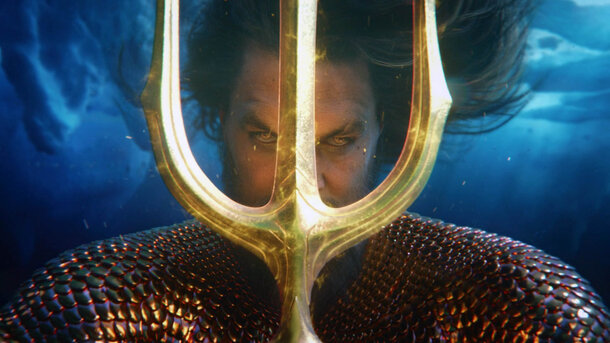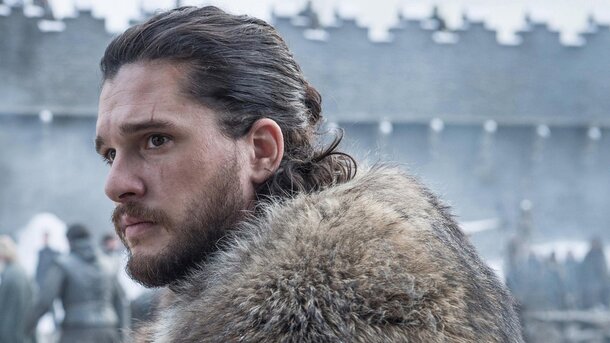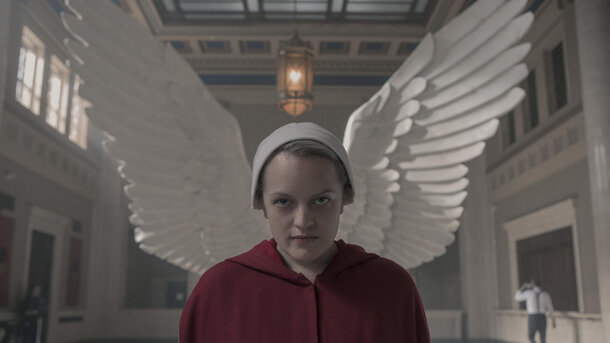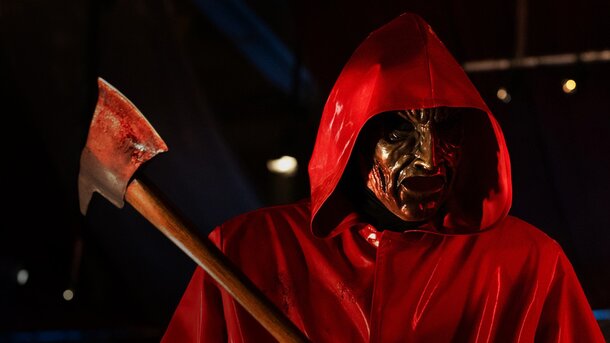When little Lyanna Mormont bravely charged at the zombie giant and died in Episode 3 of Season 8 of Game of Thrones, viewers wept. She wasn’t just a fan favourite — she became a symbol of resilience, strength, and the idea that courage isn’t measured in height. But if you look closely at the logic of the episode — and at what George R.R. Martin has said before — it becomes clear: Lyanna didn’t die by accident. Her death was, in a way, a sacrifice for Arya Stark.
No, Arya didn’t intend any harm, of course. But because Arya had to save the world in that same episode, the writers couldn’t let every young girl walk away alive. Imagine: young Arya kills the Night King, while Bella Ramsey’s character slays a giant and survives? It would’ve been too much. There needed to be loss. A message: not everyone is untouchable. Not even the toughest.
The show’s creators admitted: they were the ones who decided to both elevate Lyanna’s role and kill her off in that same episode. And that’s not a contradiction — the more beloved the character, the heavier the blow. And by extension, Arya’s triumph carried more weight.
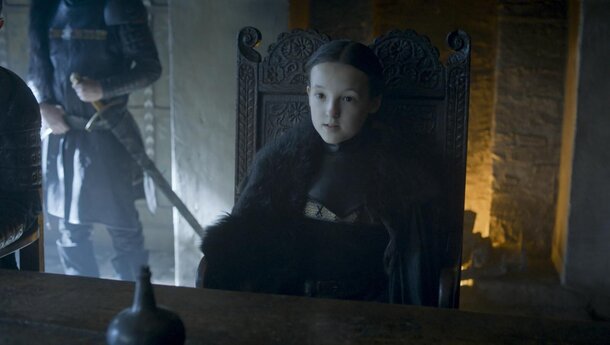
In that sense, the show followed in George R.R. Martin’s footsteps. He has always considered the death of children to be the most terrifying moral boundary — the one that separates humans from monsters.
It was Martin who gave Davos the line: "What is the life of one bastard boy against a kingdom? — Everything." It was he who had Stannis burn Shireen with his own hands. It was he who once had Ned Stark say:
"Did we overthrow the Mad King to start killing children?"
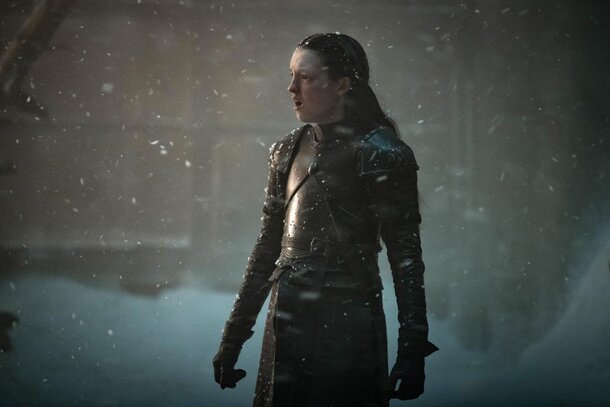
Lyanna died because it was the cost. The cost of peace, the cost of victory — the cost Arya, even if unwillingly, had to pay. And like everything in Game of Thrones, it was both beautiful and bitter.


